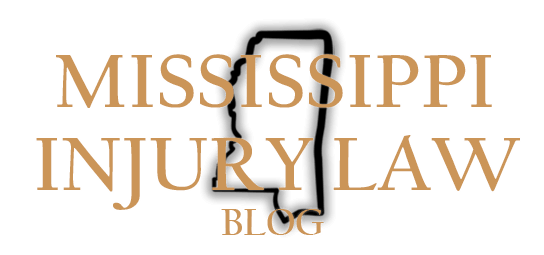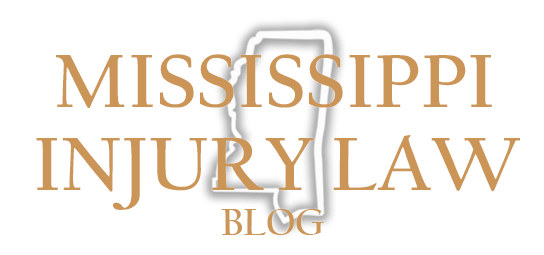Terror victims win Supreme Court judgement against Iran. Justices Rule $2B in Iranian Assets Can Go to Terror Victims
The U.S. Supreme Court cleared the way Wednesday for the distribution of almost $2 billion in damages to victims of state-sponsored terrorism by Iran.
The court, affirming a ruling by the U.S. Court of Appeals for the Second Circuit, said Congress did not violate the separation-of-powers doctrine when it passed legislation to enable enforcement of the $1.75 billion judgment against assets held by Bank Markazi, the Central Bank of Iran.
The legislation, the Iran Threat Reduction and Syria Human Rights Act of 2012, made it possible for more than 1,000 victims of terrorism or their families, including the relatives of 241 U.S. Marines murdered in the 1983 bombing of a barracks in Lebanon, to collect on the assets—bonds being held by the bank in New York.
Six justices voted to affirm: Ruth Bader Ginsburg, who authored the court’s opinion in Bank Markazi v. Peterson, No. 14-770, Anthony Kennedy, Stephen Breyer, Samuel Alito, and Elena Kagan and Justice Clarence Thomas, who joined in all but one part of the majority opinion. Chief Justice John Roberts filed a dissenting opinion in which Justice Sonia Sotomayor joined.
The judgments were secured in multiple actions before Southern District Judge Katherine Forrest, who granted summary judgment for the plaintiffs in February 2013 and then rejected Bank Markazi’s claim of immunity under the Foreign Sovereign Immunities Act.
Forrest also held that the Iran Threat Reduction Act, 28 U.S.C. §8772, changed the law in pending litigation.
The circuit affirmed in 2014, holding that the money could be distributed to the victims (NYLJ, July 10, 2014).
Before the Supreme Court, the bank pressed its argument that Congress had stepped on the toes of the judicial branch by directing a particular result in a pending proceeding.
But the court said that, while Article III prevents “Congress from telling a court how to apply pre-existing law to particular circumstances … Congress may amend a law and make the amended prescription retroactively applicable in pending cases.”
Ginsburg said, “The statute, we point out, is not fairly portrayed as a ‘one-case-only regime.’ Rather, it covers a category of post-judgment execution claims filed by numerous plaintiffs who, in multiple civil actions, obtained evidence-based judgments against Iran amounting to billions of dollars.”
The act, she said, “subjects the designated assets to execution ‘to satisfy any judgment’ against Iran for damages caused by specific acts of terrorism.”
“Congress, our decisions make clear, may amend the law and make the change applicable even to pending cases, even when the amendment is outcome determinative,” she said.
Ginsburg said it added weight to the decision that Congress was acting in the realm of foreign policy, which requires “respectful review” by the judiciary.
“The Executive has historically made case-specific sovereign-immunity determinations to which courts have deferred,” she said. “And exercise by Congress and the President of control over claims against foreign governments, as well as foreign-government-owned property in the United States, is hardly a novelty.”
The act, she concluded, was “no threat to the independence of the Judiciary.”
In dissent, Roberts said “Article III of the Constitution commits the power to decide cases to the Judiciary alone. Yet, in this case, Congress arrogated that power to itself.”
Roberts said it was four years into litigation in which Bank Markazi had asserted a number of defenses when the plaintiffs persuaded the Congress to enact §8772, which eliminated those defenses.
“Then, having gotten Congress to resolve all outstanding issues in its favor, respondents returned to court … and won.
“Congress has decided this case by enacting a bespoke statute tailored to this case that resolves the parties’ specific legal disputes to guarantee respondents’ victory,” he said.
Jeffrey Lamken of MoloLamken argued for the bank. He declined to comment.
Theodore Olson of Gibson, Dunn & Crutcher argued for the plaintiffs/respondents.
Olson said in statement, “We are extremely pleased with the Supreme Court’s decision, which will bring long-overdue relief to more than 1,000 victims of Iranian terrorism and their families, many of whom have waited decades for redress.”
The case produced a rare alliance between both houses of Congress and the Obama administration, which supported the position of the families seeking compensation (NYLJ, Dec. 21, 2015).
-New York Law Journal

